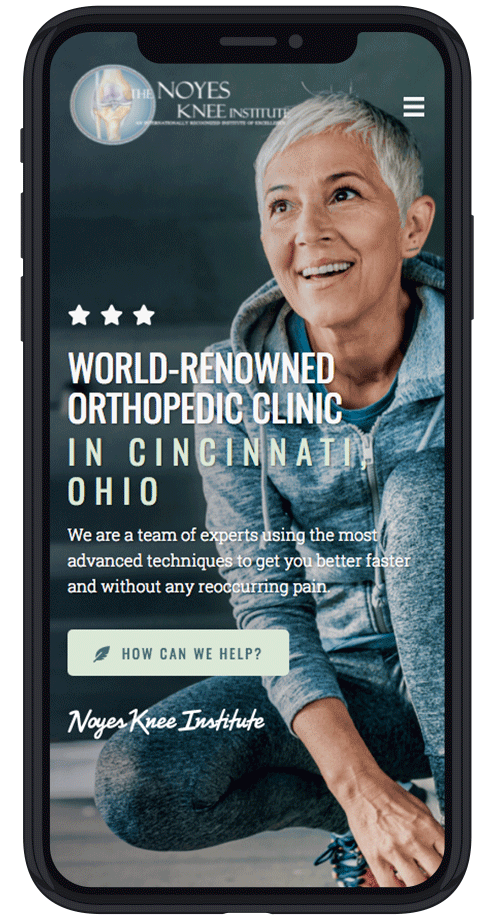Published On
Category
 If you are over 50 and experience severe pain in your knees, you may think that your discomfort is due to your age. However, getting older doesn’t have to mean that you’ll experience aches and pains, especially if you’re a relatively healthy individual.
If you are over 50 and experience severe pain in your knees, you may think that your discomfort is due to your age. However, getting older doesn’t have to mean that you’ll experience aches and pains, especially if you’re a relatively healthy individual.
Instead, you might be unintentionally aggravating the tissues that support your thighs, shins and knee joints. Before you decide age is the culprit behind your knee pain, look through our blog below. We’ll discuss two problems besides age that might make your knee joints ache.
Placing Excessive Stress on Your Thighs and Shins
Your thighs bear a great deal of your body’s weight when you perform strenuous activities or exercise. Although your thigh bones are some of the thickest and strongest bones in your body, placing too much stress on the tissues that connect them to your knee joints can inadvertently cause pain.
Additionally, pain in your shin bones can gravitate upward and affect your knee joints. Your shin bones are thinner than your thigh bones, so any shock in your feet and ankles when you exercise, can easily spread to your tibia and knees.
In healthy knees, the cartilage between the shin bones and thigh bones should absorb most of the shock. However, wear and tear, old injuries, and excessive strain on your shins may interfere with this function. You can reduce pain in your knees caused by excessive strain on your thighs and shins by following the tips below.
1. Perform Squats or Other Types of Thigh Exercises Correctly
Squats and other thigh exercises are a great way to strengthen your legs and protect your knees, but only if you perform these exercises correctly. Pushing your knees past your toes during thigh exercises can overextend the ligaments that connect your thigh bones and shin bones. Always keep your knees behind your toes when you squat.
2. Wear Supportive Footwear
Walking, running, or standing on concrete, rocks, and other rough or hard surfaces without the right shoes on can send shockwaves up your shin as your feet hit the ground. This pain can then radiate up your knees.
Protect your legs, feet, and knees by wearing shoes with thick outer soles and cushioned insoles. You can also talk to an orthopedist about having custom-fitted insoles made for your shoes.
Placing Excessive Pressure Directly on Your Knees
Performing a sport that causes you to jump and land on a hard surface can cause knee pain. The knee caps (patella) are very delicate tissues that can be easily damaged by extensive and repeated pressure. The cartilage over the knee caps can potentially swell from the pressure, which spreads pain throughout your knees and legs.
You can avoid knee pain by doing the following three things.
1. Cushion Your Knees
Place cushions beneath your knees when you work or perform floor exercises. If you frequently work or exercise on your knees, you should take 10 to 15 minutes between sessions to alleviate pressure from your knee joints. Try using a timer or cell phone app so you can remember to take breaks, walk around, and temporarily take some of the pressure off your knees.
2. Invest in Knee Pads
Knee pads might be an easier solution than carrying cushions with you to work or the gym. You can just strap on your knee pads before work or before you start your exercise routine. However, you should be careful about the type of pads you purchase. The best pads should feature a soft, shock-absorbent material like cotton and firm straps that keep the pad in place while you move.
Visit an Orthopedic Specialist for More Help
If these simple culprits aren’t causing your knee pain, you could be suffering from an issue like a cartilage tear, which requires surgery to repair. There may also be another underlying condition that an orthopedic specialist can diagnose and treat to reduce your knee pain.
If you follow the tips above but don’t notice a change in your level of pain, schedule an appointment with an orthopedic specialist. A surgeon at the Noyes Knee Institute will be happy to discuss your treatment options and perform your surgery if necessary.

